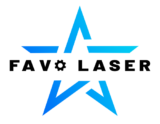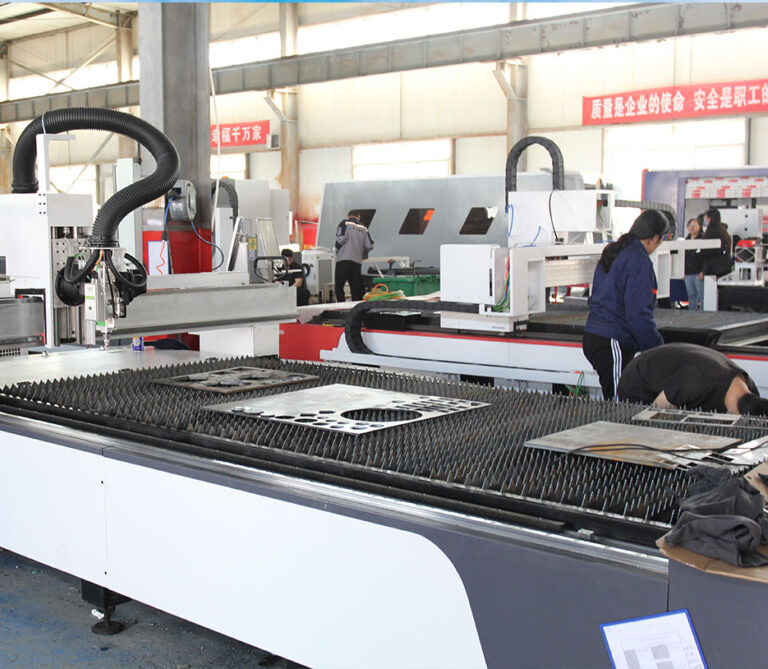The application scenarios of laser marking machines are very wide, and the following are some common application areas:
1. Electronic industry:
Marking the outer shell of electronic products, such as mobile phones, computers, tablets, etc., can include product model, serial number, QR code and other information for product identification and traceability.
Mark circuit lines, component numbers, etc. on the circuit board for easy identification and maintenance during the production process.
2. Mechanical manufacturing:
Label metal components with product numbers, specifications, brands, etc., such as automotive parts, mechanical tools, etc.
Marking can be made on the mold for easy management and identification of different molds.
3. Jewelry industry: Able to create unique personalized jewelry by finely marking patterns and text on materials such as gold, silver, diamonds, etc.
4. Food and beverage industry: Mark production date, batch number, shelf life and other information on food packaging to comply with food safety regulations.
5. Medical device industry: Marking product information, serial numbers, traceability codes, etc. helps with the management and quality traceability of medical devices.
6. Crafts industry: Marking can be applied to ceramics, glass, crystals and other crafts to increase their artistic value and ornamental value.
7. Advertising industry:
Produce various advertising signs, such as acrylic boards, PVC boards, and other materials.
Personalized customization on gifts made of metal or non-metal materials, such as customized trophies, medals, commemorative medals, etc.
8. Automotive industry:
If marking is applied to automotive parts, automated marking can be achieved through computer control, which can quickly engrave high-definition text, patterns, and QR codes on the surface of automotive parts. The marking effect is stable, the lines are fine, and it effectively improves the anti-counterfeiting and traceability of the product.
• Label the car body, such as frame number, etc.
9. Plastic industry: Suitable for various plastic materials such as ABS, PP, PE, etc., can be marked with text, patterns, barcodes, etc.
10. Textile industry: Marking materials such as fabrics and leather, such as making trademarks, patterns, etc. on clothing.



